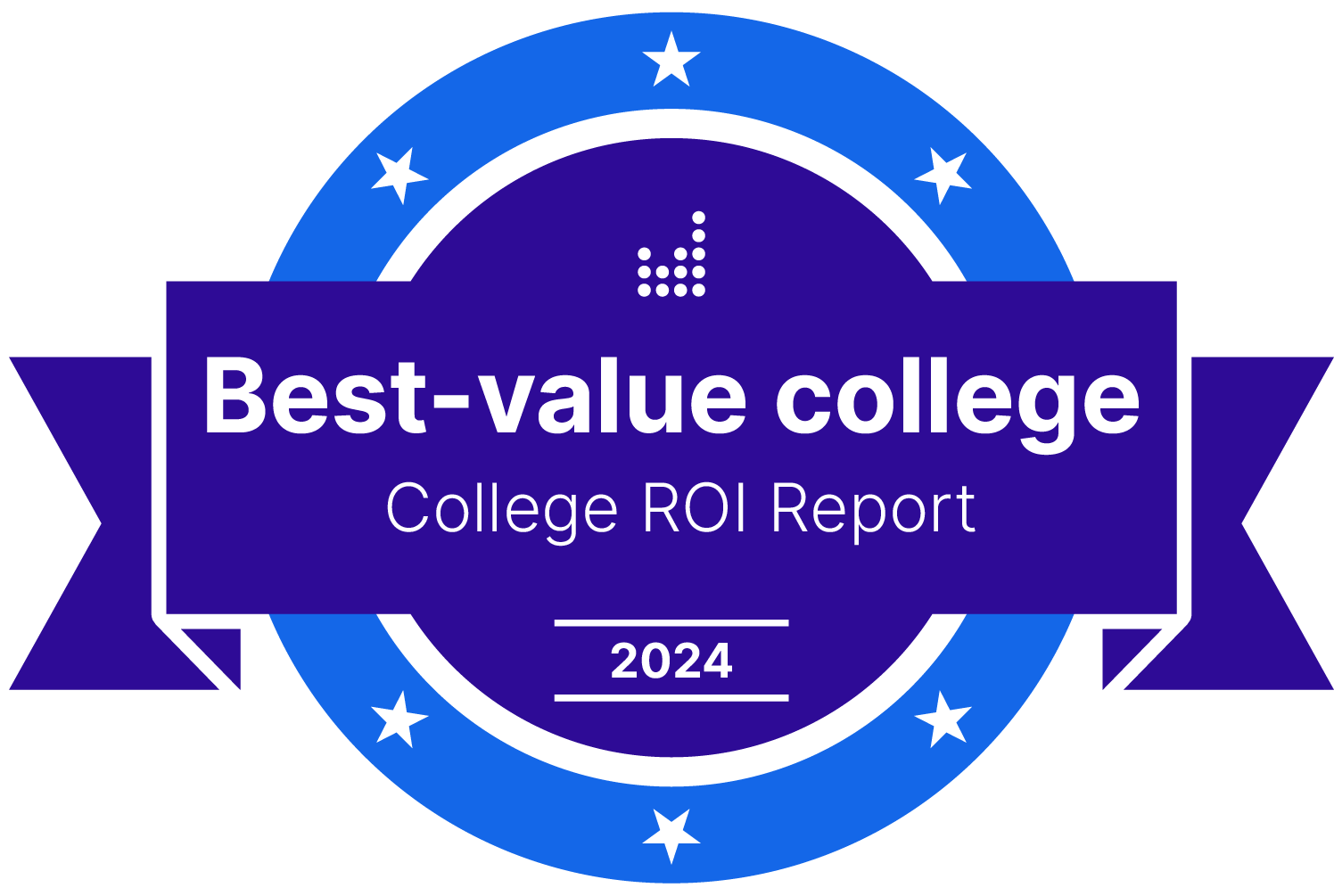Clarkson College has not always been a college. Instead, we began in 1888 as a school of nursing—the first in the state of Nebraska. Over the last 125 years, we've established a new campus, expanded our program offerings and adopted a new name. All the while, we've maintained a commitment to preparing our students to be the best in various realms of health care. This commitment to excellence has and always will remain a defining quality of Clarkson College.
AboutAt Clarkson College, you don't just study health care—you prepare to be the best in it. All around you are professionally trained faculty, practicing clinicians and classmates who share the belief that they, too, can better the lives of others. With eight fields and twenty majors to choose from, you have a broad range of options for making a difference—quite possibly even before you graduate.
AcademicsClarkson College welcomes undergraduate and graduate students, transfer and international students, and adults who are returning to college to continue their studies or advance their health care careers. Here, you'll find everything you need to get started.
EnrollmentThe Student Financial Services department helps provide opportunities for talented, dedicated and deserving students to attend Clarkson College. Whether you're seeking scholarships and grants, loans, payment plans, or a combination, we'll help you find the answer most suitable for you.
Tuition & Financial AidCollege is a time of self-discovery, personal growth and—most certainly—fun. We're thrilled your main objective is to pursue a future in health care, but we also want you to look back on your college education and recollect all of things you experienced—lectures and textbooks aside. There are numerous ways for you to get involved at Clarkson College. Here's a peek at some of them.
Student LifeEvery day, Clarkson College alumni are changing lives in ways that are both practical and profound. As the proud alma mater of these astounding health care professionals, Clarkson College strives to keep our alumni connected to not only the College but also with one another. Here, you will find all the ways you can stay connected.
AlumniClarkson College provides a variety of professional learning opportunities and health care courses. Our Basic Life Support, Medication and Nurse Aide courses can help individuals getting certified for the first time or needing renewal. These programs are either online or on campus with ongoing offerings year-round.
Professional Development
